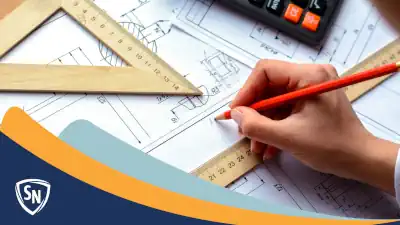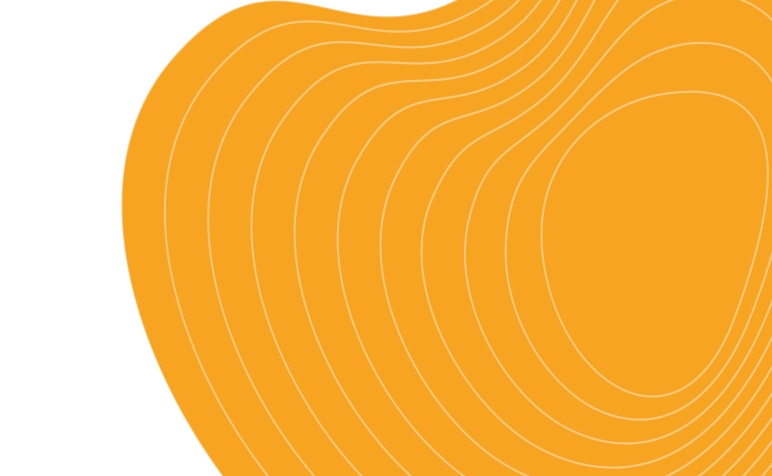Don’t stress if you’re someone who has a hard time with numbers, there are plenty of degrees you can get that barely require any math.

College Programs Without Much Math
Listed in this article are just some of the many paths you can take that won’t involve a lot of mathematical coursework. Could one of these college programs be right for you? Let’s take a look.
Journalism and English
One option for students with a knack for writing and people skills would be either a journalism, or an English degree. These programs will be heavily writing and research based, and tend to require barely any math aside from simple math on a general education level.
An English degree will have an emphasis on reading, studying literature and literary analysis, research, editing, and cultivating strong writing skills. A journalism degree also involves strong writing skills, but focuses more on interviews, current events, reporting, communication, and excellent research.
Students with an English degree can get a job in writing and publication, teaching, copywriting and technical writing, and can even help pave one’s path to law school. It goes without saying that students in journalism programs can become journalists, but also you can get jobs in reporting, producing, broadcasting, and telecommunications.
Social Work
Social work is an in-demand field with a strong emphasis on psychology, ethics, and social justice. While your program may have a basic math prerequisite course, social work programs tend to have minimal focus on math.
Instead, social work programs focus on human behavior, social issues, ethics, counseling techniques, and will involve practical fieldwork experience. Classes will teach students to assess client needs, and connect clients with community and state resources.
Graduates can become licensed social workers, case managers, child welfare specialists, community outreach coordinators, counselors, and can work in healthcare, schools, and nonprofit organizations.
History
Students in a history program will study past civilizations, cultures, and events. The scope of focus can be broadened to world history or narrowed to national or regional history. Again, most history programs will have few math requirements. However, some may include basic courses in statistics and quantitative research if students are specifically focusing on economic or historical data analysis.
History programs will heavily focus on critical thinking, research, and writing. Some students opt to specialize in certain areas like time periods or locations. Students will analyze historical documents, research significant periods, and learn political, social, and economic trends in various regions.
Graduates of history programs can work in law, public administration, government, or cultural preservation. They can also become historians, teachers, museum curators, archivists, policy analysts, or researchers.
Film and Media Production
A film and media college program will focus on the study and creation of visual and digital media. This includes film, television, and digital content. There will be very little emphasis on mathematics in a film and media program. Instead, students will learn the technical and creative skills needed to thrive in the entertainment industry, media production, or related fields like marketing and advertising.
Students in a film and media production program will learn the technical aspects of production like cinematography, editing, screenwriting, sound design, and the theoretical aspects of media history, film criticism, and cultural impacts of film. This often will include hands-on projects, giving students the opportunity to produce content like films, documentaries, and promotional content.
Upon completing a film and media production program, students can pursue careers as directors, producers, screenwriters, editors, cinematography, digital media specialists, and production managers in film, television, or advertising.
Criminal Justice
A criminal justice program explores the criminal justice system on a state and federal level. Although criminal justice programs may have basic mathematical prerequisites, most criminal justice programs will not involve much math. Some students might study basic statistics if pursuing a path involving the analysis of criminal data or related trends.
Instead, students will focus on topics like criminal law, prosecution, policing, forensic science, criminal behavior, and the way social, legal, and political factors shape justice systems. A criminal justice curriculum emphasizes both theoretical knowledge and practical skills.
Students who graduate from a criminal justice program can pursue careers as police officers, detectives, probation officers, corrections officers, and even work in federal agencies like the FBI, DEA, or Homeland security. They may work on a local, state, or federal level.
Foreign Language and Linguistics
Foreign language and linguistics programs will focus on the study of languages, their structures, and their evolution and effect on cultures. A foreign language program will also require little to no math outside of basic prerequisite courses.
Students in a foreign language program will learn to speak, read, and write in the language (or multiple languages) of their choosing. They will explore linguistic theories related to the language’s phonetics, semantics, and even slang. Students will learn about the language’s evolution over time, along with its cultural connections.
Graduates of foreign language and linguistics programs can work as translators, interpreters, language teachers, or linguists. They may work in international business, diplomatic services, and even in cultural organizations where their expertise will be critical.
No Math? No Problem. Find the Best College Program for You!
As you can see, there are many paths students can take that don’t require extensive mathematics. We’ve only listed some of the many programs available to you. If you struggle with math, know that your career options won’t be limited.
Looking for a school? We’re partnered with many excellent schools across the country. Search through schools near you today.





